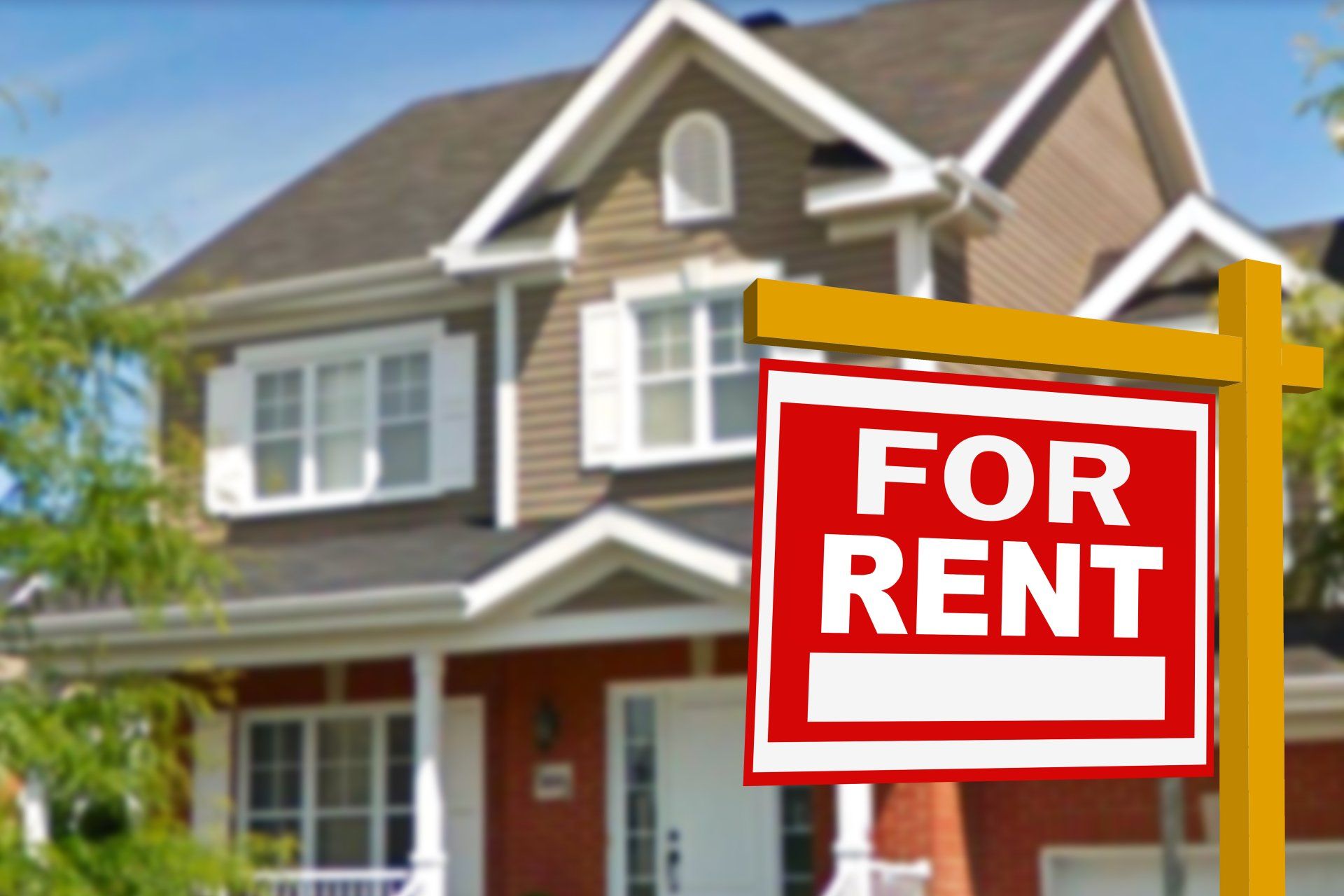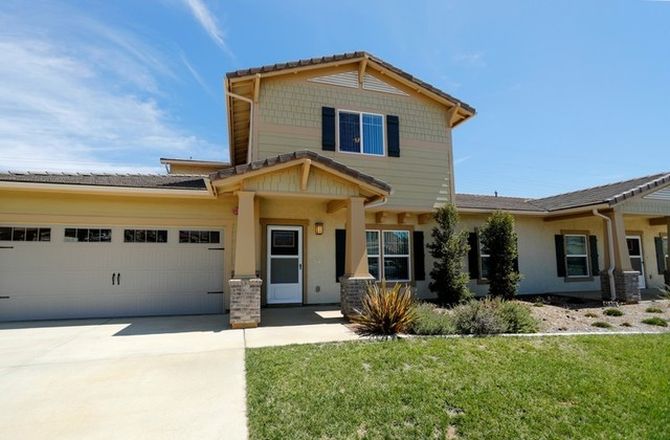
Can a Tenant Run a Business from a Rented Property?
Imagine a scenario where your neighbor’s peaceful home suddenly transforms into a bustling storefront, disrupting your tranquility. As a tenant, you may wonder if it’s even legal to operate a business in your rented abode. Let’s delve into this complex topic to uncover the rules and regulations that govern this matter.
Legal Framework and Considerations
The legality of running a business from a rented property hinges on various factors, including local zoning laws, lease agreements, and the nature of the business itself. Zoning regulations often dictate specific areas where commercial activities are permitted, ensuring that residential neighborhoods remain separate from industrial or retail areas.
Leases typically outline the intended use of the property, often restricting commercial use without explicit landlord approval. Subletting for business purposes may also be prohibited, leading to legal repercussions if violated. However, some leases may have specific clauses allowing for certain business activities, such as home-based offices or small-scale crafting.
Types of Businesses Allowed in Residential Properties
Understanding the nature of the business is crucial when determining its legality in a residential setting. Generally, businesses that generate excessive noise, traffic, or other disruptions are prohibited in residential areas. However, home-based businesses that operate discreetly and do not disturb neighbors are often considered acceptable.
Examples of permissible home-based businesses include:
- Freelance writing or consulting
- Small-scale crafting or handmade goods production
- Online retail or e-commerce without physical inventory
- Virtual assistant or customer service operations
Tips for Running a Business from a Rented Property
If you’re determined to start a business from your rented property, there are some key tips to follow:
- Obtain Landlord Approval: Always communicate your intentions with your landlord and secure written permission before operating any business.
- Check Zoning Laws: Research local zoning regulations to ensure your business is permitted in your neighborhood.
- Minimize Disturbances: Maintain cleanliness, avoid excessive noise or traffic, and respect the rights of neighboring tenants.
- Keep Business Separate: Clearly delineate between your living space and business area to maintain professionalism and avoid conflicts.
Frequently Asked Questions
Q: Can I sublet my apartment for business purposes?
A: Generally no, subletting for business use without landlord consent is prohibited.
Q: What happens if I violate the lease agreement by running a business?
A: Potential consequences include eviction, fines, or legal action from the landlord.
Q: Can I use my home address as my business address?
A: Yes, in some cases, but ensure it’s permitted in your lease and does not conflict with zoning laws or local regulations.
Q: Are there any special insurance requirements for home-based businesses?
A: Yes, it’s recommended to obtain business insurance to cover liability and protect your personal assets.
Conclusion
Operating a business from a rented property can be a viable option, provided you adhere to local laws, lease agreements, and ethical guidelines. By understanding the legal framework, selecting a suitable business, and implementing sound practices, you can navigate this complex landscape and achieve success while maintaining a harmonious relationship with your landlord and neighboring tenants.
Are you interested in learning more about home-based businesses? Let us know in the comments below.

Source Image: rentalmindset.com

Source Image: rentalmindset.com

Source Image: rentalmindset.com
Thanks for your thorough exploration of this subject matter. Can A Tenant Run A Business From A Rented Property, offers valuable knowledge to deepen your perspective.